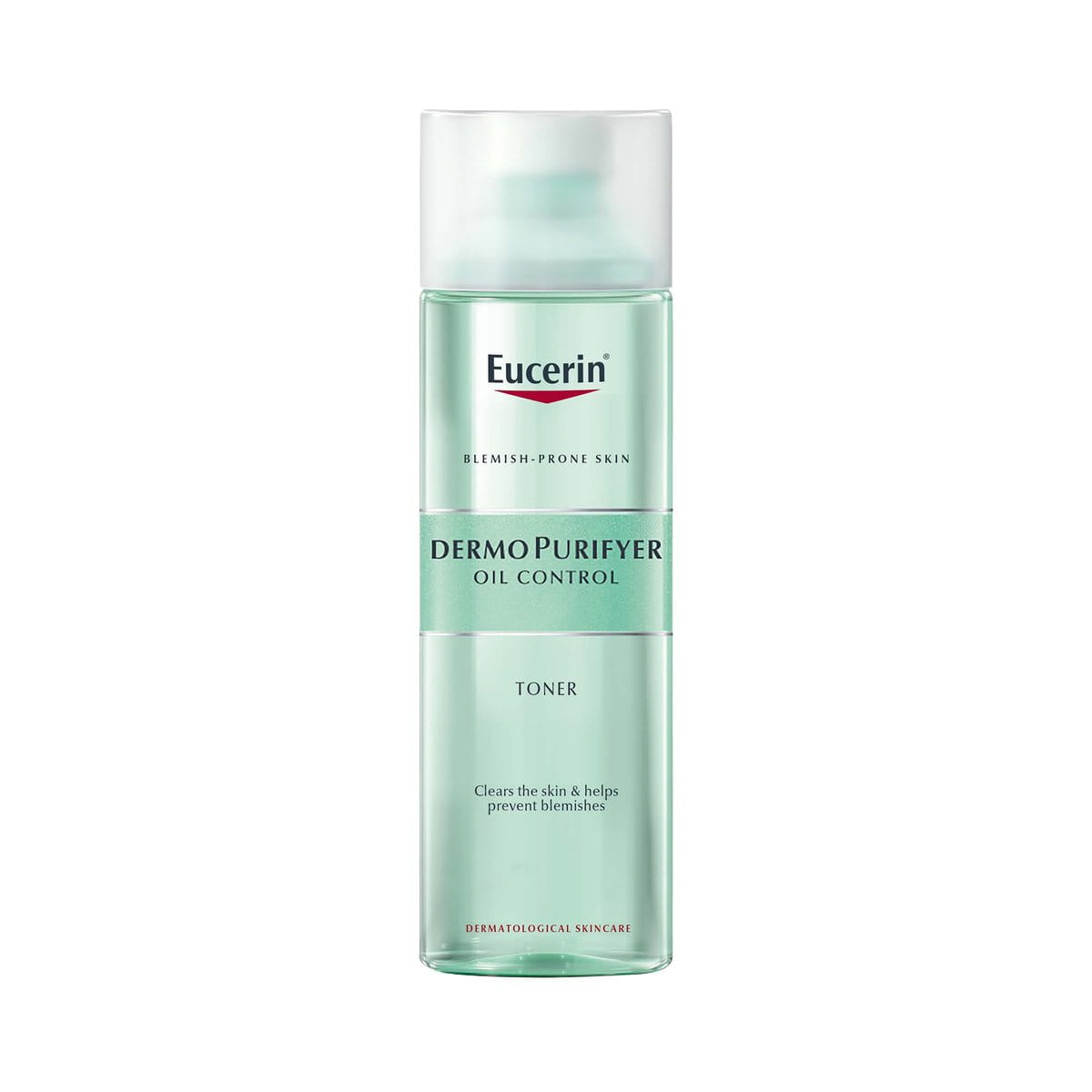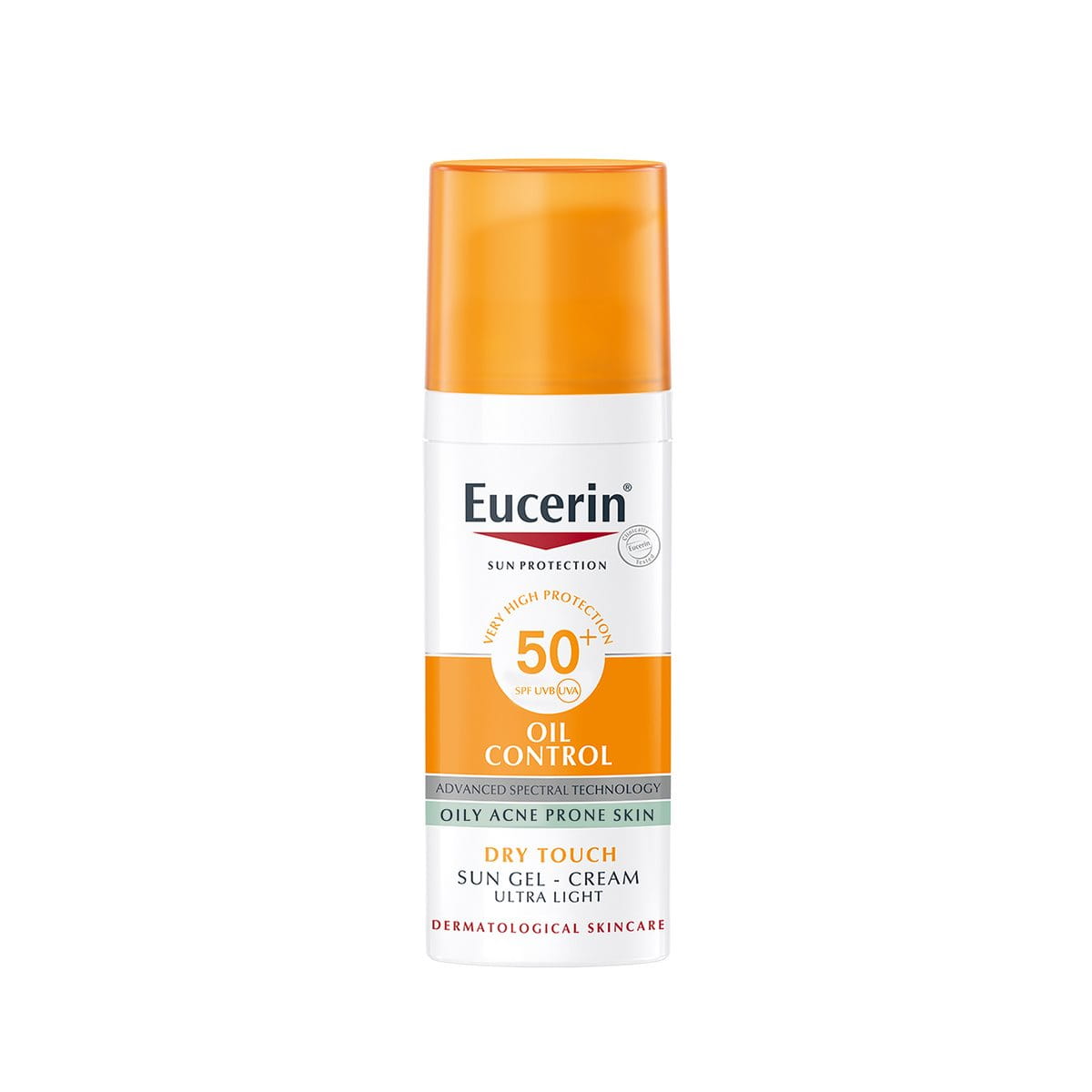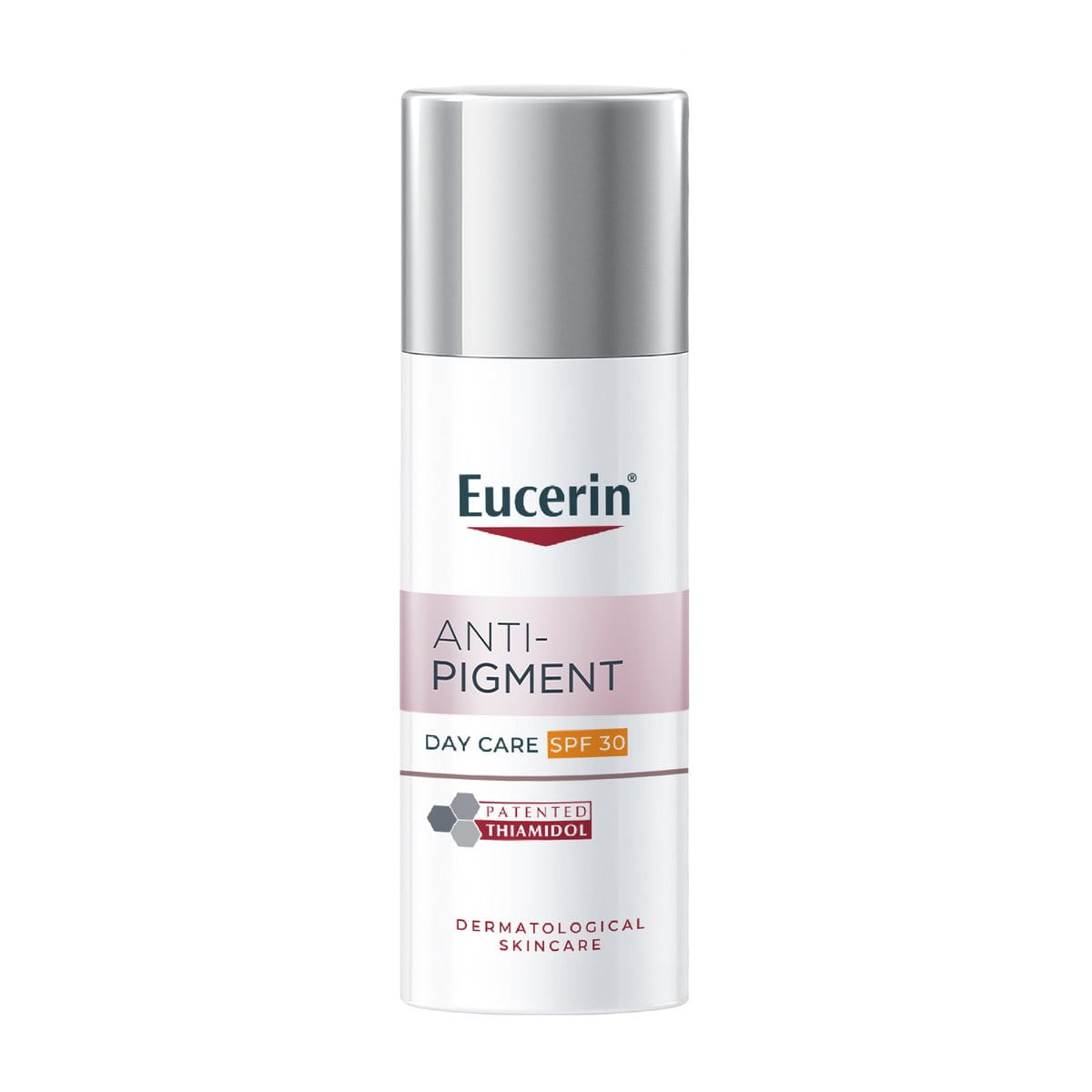Being the largest organ in the body, yes, our skin is resilient and adaptive. However, the erratic changes in weather can be brutal on our precious skin. Just as we adjust our clothes for the upcoming seasons, our skincare too needs a systematic refresh to accommodate the shift in temperature and UV exposure in accordance with our skin type. Understanding these nuances about skincare, be it for summer season or chilly winters, can be vital in potentially preventing untimely flare-ups, dryness, oiliness or worse, breakouts! Venture with us on this journey to easily adjust your seasonal skincare to ensure an even and radiant complexion all year round.
Keynotes:
- Skin, while resilient, is sensitive to external stressors that come with weather changes.
- Combat the seasonal woes by flexibly adjusting your skincare routine to your skin's needs, employing day creams, exfoliating toners and sunscreen.
- Sunscreen is a must-have year-round; high SPF 50+ broad-spectrum sunscreens are your best bet.
- Learn the intricacies of dermatologically backed Eucerin products and how they can be the key to transitioning between erratic weather changes.






